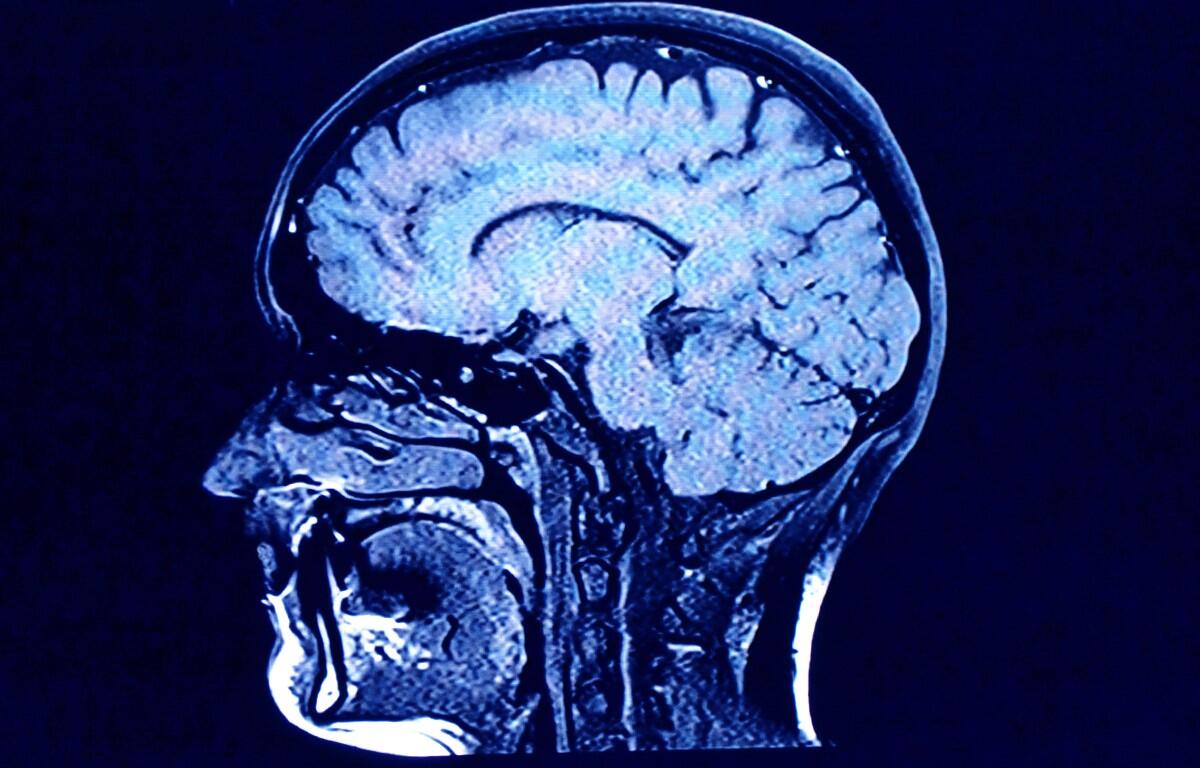CHARLOTTSVILLE, VA (CVILLE RIGHT NOW) – UVA Health neuropsychologists and a dementia care coordinator will be at the Center at Belvedere Thursday evening hosting a screening of the documentary “Keys, Bags, Names, Words: Hope in Aging and Dementia”. It’s a documentary of hope that features leaders in science and medicine, policy, and the arts employing knowledge, creativity and compassion to tackle one of the greatest global health challenges of our time.
UVA School of Medicine Dementia Care Coordinator Samantha Fields and neuropsychologists Carol Manning and Virginia Gallagher from the Memory Disorders Clinic will be panelists from 6-to-8 p.m. during the screening.
Dr. Gallagher says among 65-year-olds in the United States, about 1-in-50 people have dementia. But by the time you get to 90, the number becomes 1-in-3.
“Right now, there’s about 7-million Americans who have dementia due to Alzheimer’s Disease and other underlying diseases, but we expect that number to triple by 2050,” Dr. Gallagher said in a reporter conference call.
“Dementia is the name of the syndrome that describes cognitive decline above and beyond what’s expected for age, because we all have some changes in our thinking and memory speed as we get older,” Dr. Gallagher described.
“But when it’s above and beyond that and starts to impact day-to-day activities, so problems keeping up with finances, taking medications as prescribed, driving, that’s what we call dementia.”
Dr. Gallagher says this is an exciting time because “with big data and international collaborations, we’ve learned about 45% of dementia cases can be prevented through lifestyle.”
“That starts in middle adulthood in your 30s, 40s, and 50s, exercising, eating well, trying to prevent or manage conditions like diabetes, high blood pressure, high cholesterol, those can all reduce your risk.”
“As we get older, things within our control that can help reduce our risk of dementia are treating vision and hearing loss by wearing glasses and hearing aids, and minimizing social isolation,” Dr. Gallagher adds.
She said the brain, like most muscles, is “use it or lose it”.
“And so the idea is if you aren’t hearing all the stimuli coming into your ears, your brain will start to atrophy because it’s not getting pinged by signals,” Gallagher said.
“So, if you have hearing loss, it’s extremely important for your brain health to wear hearing aides so your brain gets stimulated by all those signals. Same thing with vision loss.”
“If you go without adequate hearing or vision for too long, your brain thinks I must not need interpreting those signals because they’re not going to comment anymore,” Dr. Gallagher concludes.
A Center at Belvedere release states the documentary addresses, “How do we better connect with our loved ones?”
“How can we transform to lessen stigma and be more inclusive?”
“How can we shift our mindsets from fear, to hope and action?”
Dr. Gallagher said even in the cases where decline is most acute, someone is still there and being with them is still essential.
The screening and panel session is free, but you have to RSVP.



